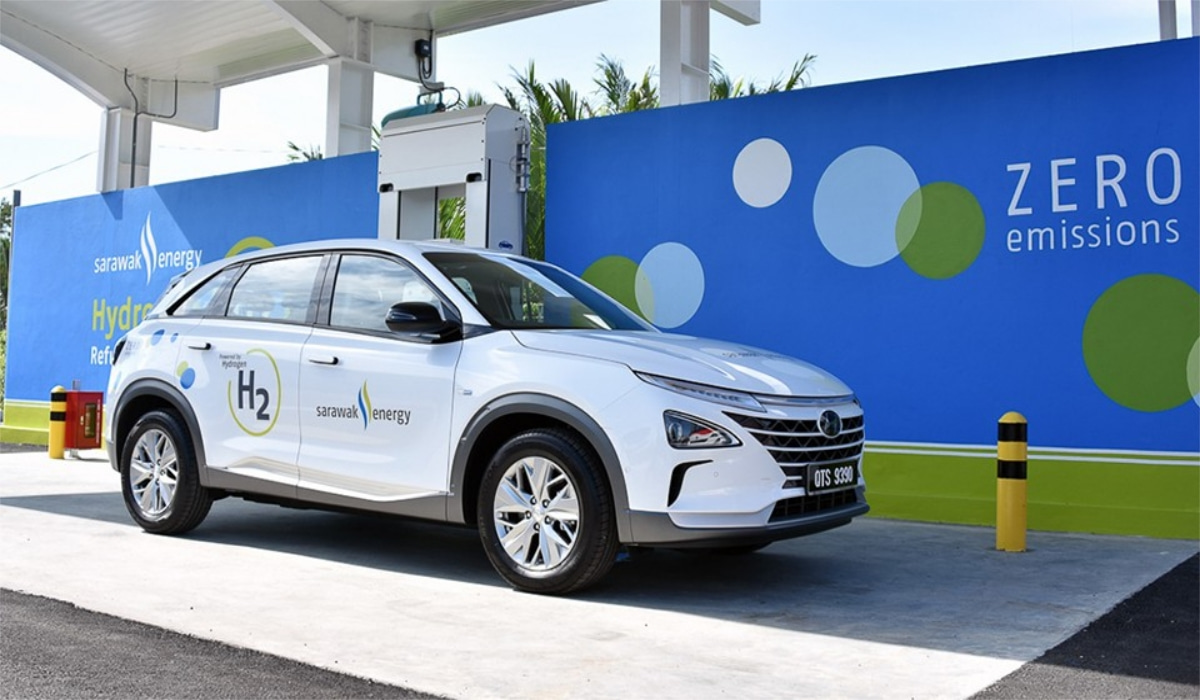感谢您的支持,我会继续努力的!



打开支付宝扫一扫,即可进行扫码打赏哦
The International Energy Network recently released information, pointing out that the development of the fuel cell industry has entered a bottleneck period at this stage. Although on the surface, the company suffered from cash flow problems, and the capital market was lukewarm for hydrogen vehicles, an in-depth analysis showed that the overall cost of the fuel cell industry was too high. The price of fuel cell vehicles is high, the price of hydrogen has been high, and the few hydrogen refueling stations have led to the difficulties of hydrogen fuel cell vehicles, which have led to the fuel cell industry still has a long way to go before it officially enters the commercial market.

The fuel cell industry is regarded as an important direction of future energy, and its development has been widely concerned by the world, but its commercialization process is facing many challenges. The biggest problem is cost. Currently, fuel cell vehicles (FCEVs) are sold at a much higher price than traditional internal combustion engines, and hydrogen is much more expensive than oil and natural gas. Although the government has given huge concessions in terms of subsidies and taxes, the high cost is still an important factor restricting its large-scale development.
In addition, the construction of infrastructure is another big problem. The number and distribution of refueling stations are not sufficient to meet the needs of the large-scale rollout of fuel cell vehicles. This greatly reduces the choice of consumers, and also limits the development of hydrogen transportation and storage. Although some believe that these problems can be solved with the advancement of technology, in the short term, this will remain a key factor restricting the development of the fuel cell industry.
However, even with the current challenges, the commercialization of the fuel cell industry is still possible. The key question is how to reduce costs, improve efficiency and improve infrastructure. The government, enterprises and research institutions need to work together to continuously promote the development and application of technology and accelerate the commercialization process of the industry.
For the government, in addition to continuing to provide subsidies and tax incentives, it is also necessary to formulate more standardized policies to guide and promote the development of the fuel cell industry. For example, special funds could be set up to support technology research and development and infrastructure construction. It is also possible to regulate the development of the industry through legislation, such as the development of hydrogen production standards and hydrogen refueling station construction standards and other relevant regulations.
For enterprises, in addition to seeking government support and subsidies, they also need to actively explore ways to reduce costs and improve efficiency. For example, the cost of vehicle and hydrogen production can be reduced by improving the efficiency and life of fuel cells, reducing research and development costs, and improving the production process. At the same time, it is also necessary to actively participate in the construction and operation of hydrogen refueling station infrastructure, and increase the number and coverage of hydrogen refueling stations.
For research institutions, continuous technology development and innovation is the key to promoting the development of the fuel cell industry. The efficiency and life of fuel cell are improved by studying the mechanism of fuel cell, improving the material and improving the performance. At the same time, it is also necessary to strengthen the research on the key links of hydrogen production, storage and transportation to reduce its cost and risk.
Overall, although the fuel cell industry faces many challenges in the commercialization process, its development prospects full of wireless potential are still worth looking forward to. Only the joint efforts of governments, enterprises and research institutions can overcome the current difficulties and achieve sustainable development of the fuel cell industry. This is of milestone significance for dealing with global environmental pollution, alleviating energy crisis and promoting global economic growth.

关注公众号
了解更多传感器知识
公众号:德克西尔

加微信
购买传感器产品
微信号:Drksir-13515810281
